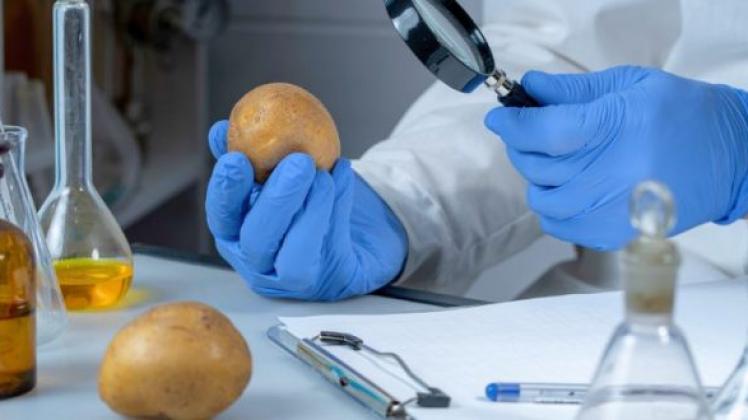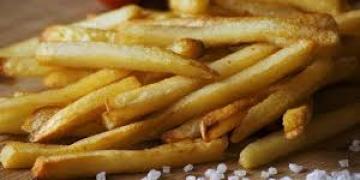EEUU: AI predicts potato growth potential
A state-of-the-art artificial intelligence (AI) program can forecast the likelihood that seed potatoes will develop into robust potato plants.

The method, created by Utrecht University biologists in partnership with TU Delft and plant breeders, uses drone photos of potato fields and DNA information from bacteria and fungi present on seed potatoes.
Potato growth frequently varies greatly, even though potato fields are populated with plants of the same kind. Farmers, biologists, and seed providers have long been fascinated by this conundrum. Size, productivity, and resilience vary greatly even among genetically identical potato plants.
Researchers have hypothesized that these variations may be largely due to bacteria and fungi on the surface of seed potatoes. These microorganisms have the ability to either promote or inhibit resilience and growth.
The importance of bacteria for growth has now been verified by a study team headed by biologist Roeland Berendsen. Their research on the effects of these microscopic creatures on potato farming was published in Nature Microbiology.
AI Predicts Potato GrowthThe group created an AI algorithm that forecasts the growth potential of seed potatoes. The model combines drone photos of the potato plants that grew from the seed potatoes and genetic information from bacteria that lived on the seed potatoes. The AI algorithm finds trends by combining these two data sources, which aids in determining which bacteria promote the healthiest potato growth.
Thousands of seed potato samples were collected from 240 test fields by the researchers in order to collect their findings. They took drone footage of the emerging plants during the growing season after studying the bacteria and fungi in the potato seedlings.
“This created a massive amount of data. By combining these data points using AI, we could pinpoint the microbes that are the best predictors of potato growth,” biologist Yang Song, one of the developers of the AI model, and first author of the paper, mentioned.
According to the study, the combination of fungi and bacteria on seed potatoes significantly affects growth. It was discovered that certain bacteria, such as a Streptomyces species, greatly increased growth. Others, on the other hand, slowed down the growth of plants.
“We’re at the start of a revolutionary way to improve agriculture through microbiology and AI. For the first time, we can predict the quality of seed potatoes based on their microbial makeup,” biologist Roeland Berendsen declared.
This research opens the door to a deeper understanding of how microbes influence crop growth.
“By expanding the AI model with even more data, we can zoom in further to study how microbes and crops interact,” Berendsen added.
In the future, scientists might identify the perfect mix of microbes for specific crops—not just potatoes.
“We could coat seed potatoes or seeds with these beneficial microbes. Or even engineer plants to attract and retain the ideal microbes,” Berendsen explained.
This innovation has advantages beyond increased yields. Reduced waste, fewer lost harvests, and a decreased need for chemical pesticides are all results of healthier and more resilient crops. This increases output and makes farming more sustainable.
Fuente: potatobusiness.com




